Feathers have long captivated our imagination with their beauty and grace, symbolizing freedom and flight. They have been used for various purposes throughout history, from fashion to crafts and even cultural traditions. However, did you know that collecting feathers is generally illegal in the United States? In this blog post, we will explore the reasons behind this regulation and shed light on the important role feathers play in protecting birds and their populations.
-
The Migratory Bird Treaty Act: One of the key reasons why collecting feathers is prohibited in the United States is the Migratory Bird Treaty Act. Enacted in 1918, this federal law aims to conserve and protect migratory bird species, their nests, eggs, and feathers. It covers over 800 bird species, including some of the most iconic ones like eagles, hawks, and owls. The act prohibits the possession, sale, purchase, or even transfer of feathers without proper permits.
-
Protecting Bird Populations: The strict regulations surrounding feather collection are in place to safeguard bird populations and their habitats. Feathers are essential for birds' survival, enabling them to regulate body temperature, fly, attract mates, and perform other crucial functions. By restricting the collection of feathers, the law helps ensure that birds can continue their natural behaviors and fulfill their ecological roles within the environment.
-
Conservation and Ethical Considerations: The ban on feather collection also serves as a conservation measure, addressing concerns such as habitat destruction, illegal hunting, and disturbance of nesting sites. It encourages responsible behavior towards birds and promotes ethical considerations by discouraging activities that could harm bird populations or disrupt their natural cycles.
-
Alternative Ways to Enjoy Feathers: While collecting feathers may be restricted, there are still various ways to appreciate and enjoy these marvelous creations of nature. Birdwatching, photography, and nature journaling are wonderful activities that allow us to observe and document birds and their plumage without harming them. Additionally, many organizations and museums provide educational programs and exhibits that offer a deeper understanding of feathers, their structure, and their role in bird biology.

While it is generally illegal to possess feathers from native migratory birds, there are some exceptions for specific species. Here are a few types of feathers that can be legally owned in the United States:
-
Non-migratory bird feathers: Feathers from non-migratory birds, such as chickens, turkeys, and ostriches, can be legally owned and traded.
-
Domesticated bird feathers: Feathers from domesticated pet birds like parrots, cockatiels, and canaries are legal to possess and trade. However, it's essential to ensure that these birds are legally obtained and not protected species.
-
Captive-bred bird feathers: Feathers from captive-bred birds, which have been bred in captivity and not taken from the wild, are generally allowed for ownership and trade. These birds should be legally bred and obtained from licensed breeders.
-
Game bird feathers: Feathers from game birds like pheasants, quails, and grouse can be legally owned and traded. These birds are often bred for hunting or farming purposes.
-
Feather art and crafts: In certain cases, legally obtained feathers can be used for artistic and craft purposes. However, it's important to ensure that the feathers used are not from protected or endangered bird species.
It is crucial to note that regulations and laws regarding the ownership of feathers may vary depending on the state and federal regulations. It is recommended to consult local wildlife authorities or the U.S. Fish and Wildlife Service for specific guidelines before possessing or trading feathers.
Embracing the reasons behind the rules against collecting feathers in the United States fosters a friendly and caring attitude towards birds and their homes. By following these laws, we actively participate in the important work of preserving the remarkable variety and splendor of bird species. Let's treasure feathers in their natural surroundings, cherishing the chance to witness birds in their wild habitats and gaining wisdom from their remarkable presence in our world. Together, we can create a positive influence and ensure a wonderful future for our feathered friends.



I just learned of this law within the past month when I rescued a baby blue jay after the parents ran the crow off that tried to take it. The baby was in the middle of the street so I put it on the grass. By nightfall the parents had not returned so I took it and nurtured it until the time came that it could fly. When she left, she also left a small feather behind and some of the baby fluff that she preened out. It’s sad that we are not legally allowed to keep these treasures.
If you are a Native American by heart and it’s a spiritual message and meaningful to your soul, be free to collect and cherish the quickly fading beauty of this world.
I found a feather today . I do believe it’s a spiritual message from our loved ones . The law should be changed. Maybe it was passed due to bird populations being decimated to use feathers in women’s hats . So many birds were killed some were extinct . It’s a different story finding a feather .
There is a belief that if you find a Feather in your "path "it’s a sign from a loved one who has passed. I recently lost my wife of 59 years and a found Feather is a special thing to me. Since it was discarded by a bird, it is no longer on use for the bird. To make it illegal for me to retain it is nonsense.
A fallen feather is a gift from above and it f it crosses one’s path then that is meant to be. Obviously no one should ever hunt or harm birds. The illegal part should be harming birds not finding a feather in the grass. My daughter’s middle name has s feather . Wheni I was pregnant I asked her what she wanted to be named and said looked down and there was a beautiful hawk feather.. it’s a form of desecration by restricting harmless feathers when entire cultures value them .